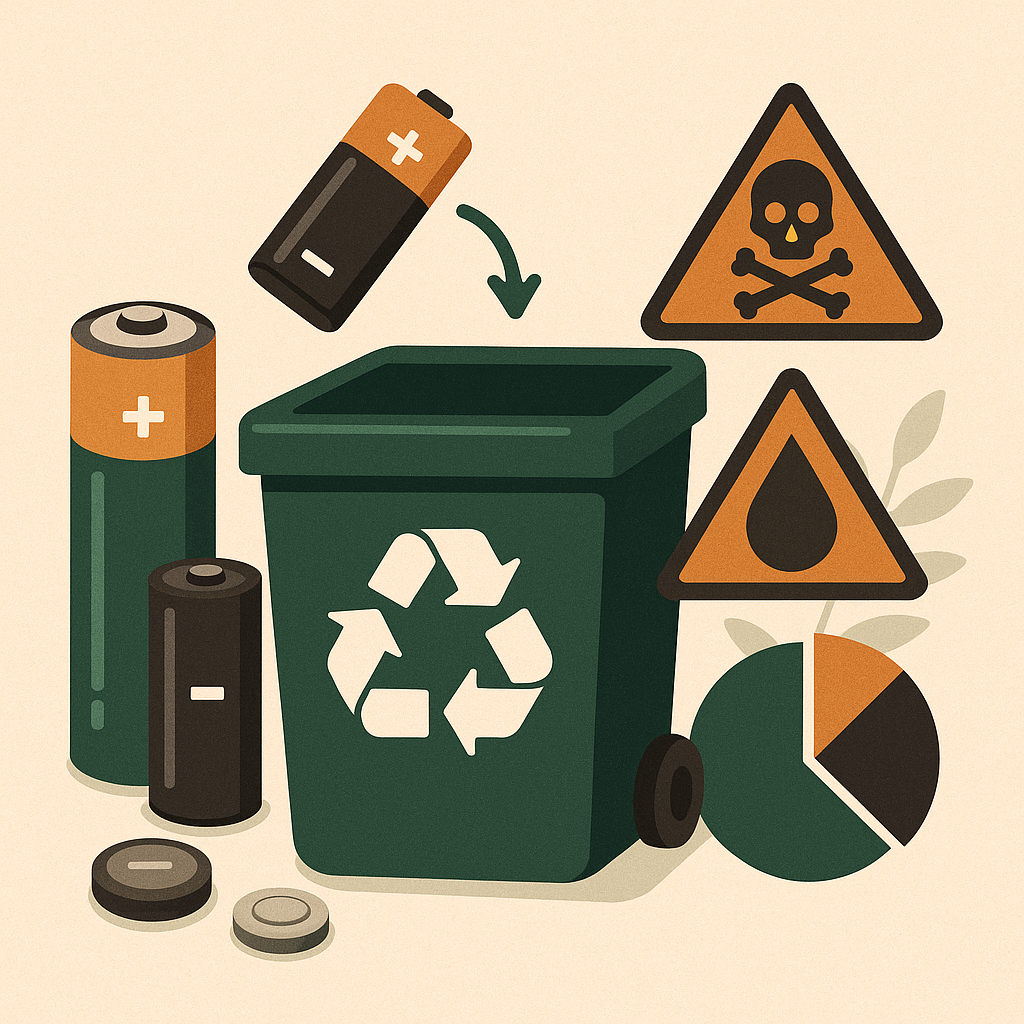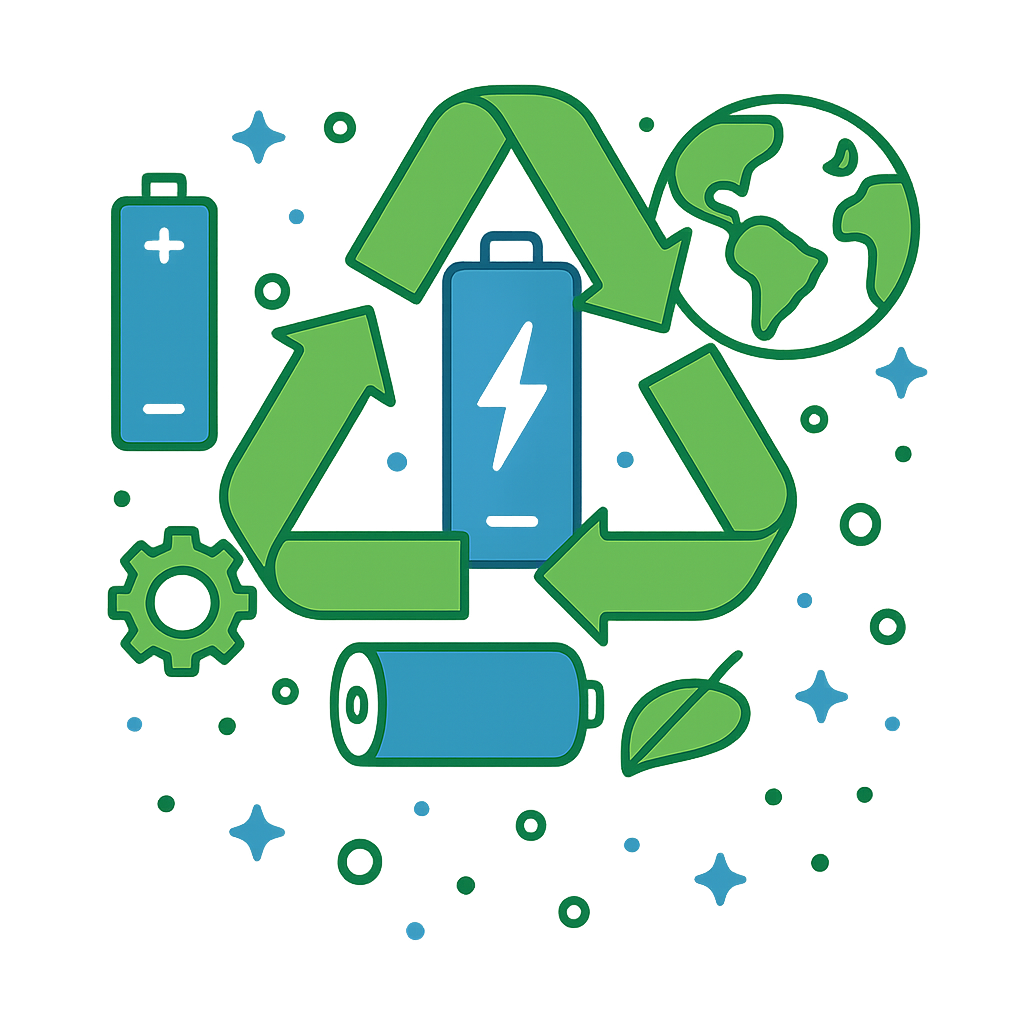
Battery Recycling in Dubai
Batteries are an essential part of modern life—powering everything from mobile phones and laptops to electric vehicles and large industrial systems. However, once they are depleted or damaged, batteries become hazardous waste that can seriously harm the environment and human health if not managed properly. In Dubai, where sustainability and eco-friendly practices are a top priority, safe and responsible battery recycling has become a crucial necessity.
When batteries are thrown in with regular trash, they often end up in landfills where they can leak toxic substances such as mercury, cadmium, and lead into the soil and groundwater. This contamination spreads silently but has long-term consequences on drinking water, agriculture, and marine life. In addition, lithium-based batteries can cause fires in landfills if not handled properly, leading to severe safety hazards. By recycling batteries, we prevent pollution, conserve natural resources, and reduce the burden on landfills.

Lithium-ion Battery Recycling
Lithium-ion (Li-ion) batteries power almost everything around us today — from smartphones, laptops, and tablets to electric vehicles and renewable energy storage systems. While these batteries have transformed modern life, their disposal poses serious environmental and safety challenges. Improper handling of end-of-life batteries can lead to toxic chemical leaks, fire hazards, and the waste of valuable rare earth metals.
Improper disposal of lithium-ion batteries can cause toxic chemical leaks, fire hazards, and loss of critical raw materials like cobalt, lithium, and nickel. That’s why safe and responsible recycling is the only sustainable way forward.
